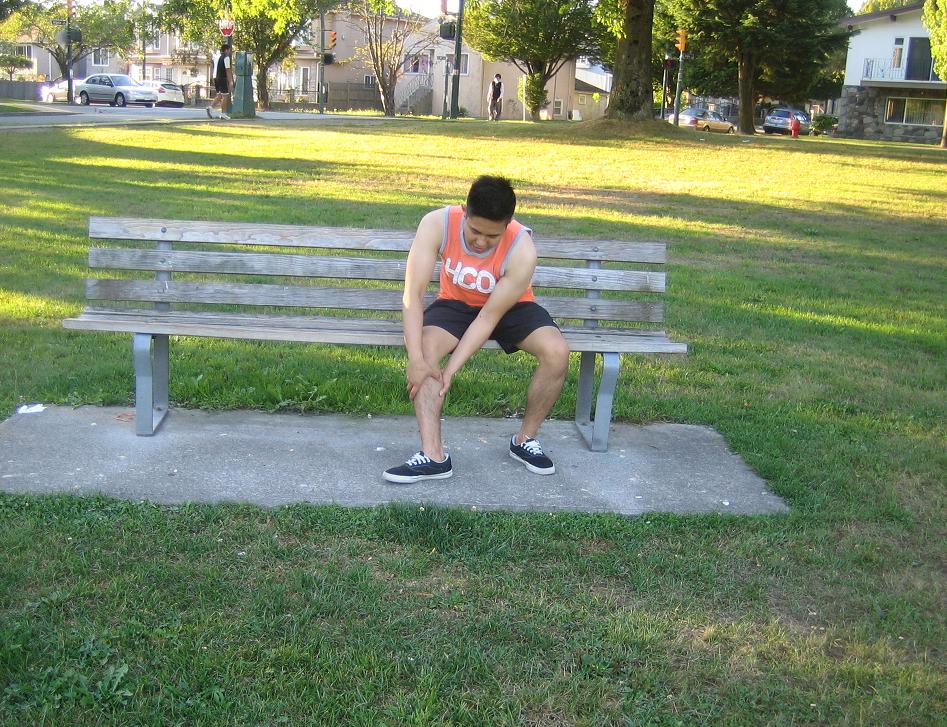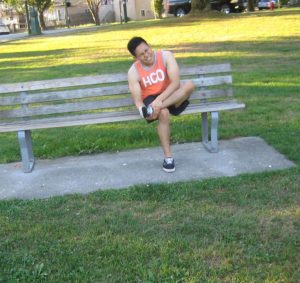Muscles spasms happen when the muscles contract involuntarily which can be painful and alarming especially after finishing an exercise routine. A spasm of muscles indicates the need for muscle conditioning or nutrition before and during an exercise session.
Causes of muscle spasms
- Dehydration
- Strenuous exercises that puts significant pressure on the muscles of leg especially the feet and calf muscles.
- Poor diet especially excess sodium and lack of magnesium or potassium.
- Poor blood circulation that result to cold hands or feet or bluish color of the toes and fingers.
- Holding a position for a long time or prolonged sitting down with bad posture that affects the lower back or neck.
- Skipping warm up and stretching exercises
Stretch warm muscles regularly to lengthen the fibers of muscles so they can contract and tighten more during exercise and lessen the muscle spasms. - Muscle fatigue and imbalance of electrolytes
Treatment
- Stretch warm muscles regularly to lengthen the fibers of muscles so they can contract and tighten more during exercise and lessen the muscle spasms. The stretch should not cause pain but if there is a sharp or stabbing pain felt, relax the stretching.
- Apply a warm compress or ice pack on the cramped muscles to lessen the pain. Apply cold or heat on the area for around 20 minutes for each session. Avoid applying ice directly on the skin to prevent further damage. Avoid sleeping with a heating pad on the affected area to prevent burns and worsen the condition. Another alternative take a hot shower.
- Massage the affected area that can be reached by the hands such as the legs. Take hold of the muscles of the leg tightly with both hands and rub it deeply and firmly to relax the area. Another option is using a foam-roller. Place the foam roller under the affected area and roll over it using gentle pressure for at least 10 minutes.
- Take an over-the-counter pain medication such as ibuprofen and naproxen sodium to lessen the pain caused by the muscle spasms. Take the prescribed muscle relaxant such as cyclobenzaprine or baclofen.
- Drink plenty of water especially during and after exercises to prevent muscle spasms. Drink at least 16-24 ounces of water an hour before a workout. Another alternative is drinking sports drinks that contain electrolytes.
- In a bathtub filled with warm water, mix ½ cup of Epsom salt. Mix well until salt is totally dissolved. Soak in the solution for at least 20 minutes.
Tips
Proper warm up and stretching before exercise and cooling down afterwards must be done to prevent cramping. Spend at least 10 minutes on light exercises and stretching before starting a workout routine.
FACT CHECK
https://my.clevelandclinic.org/health/diseases/15466-muscle-spasms

